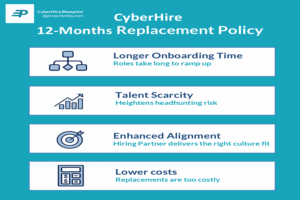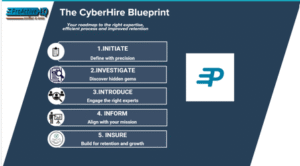In an industry tasked with protecting systems from ever-evolving threats, diversity isn’t just a moral or social priority—it’s a business-critical advantage.
Diverse teams think differently.
Cybersecurity is essentially a game of anticipation—thinking like an attacker to stay one step ahead. A homogenous team may be brilliant but risks groupthink. A diverse team brings varied life experiences, cultural insights, and problem-solving approaches, helping organisations detect and defend against a wider range of threats.
Cyber threats are global. So should your team be.
Today’s attackers aren’t bound by geography, gender, or background. To effectively defend across borders and industries, we need professionals who understand different markets, languages, regulations, and user behaviours.
The business case is clear.
McKinsey’s research shows ethnically and gender-diverse teams outperform their peers by up to 36% in profitability. In cybersecurity, this can translate into faster incident detection, better risk assessments, and stronger security strategies.
The skills gap is real—and so is the untapped talent pool.
There’s a well-documented shortage of cybersecurity professionals globally. So why continue fishing in the same small talent pool? By proactively seeking out candidates from underrepresented groups—women, ethnic minorities, neurodiverse individuals, veterans, and those from non-traditional educational backgrounds—we can help close the gap and strengthen our teams.
But let’s be clear: diversity without inclusion is a missed opportunity.
Hiring diverse candidates is only part of the equation. Creating an environment where they’re heard, supported, and promoted is where the real transformation happens.
What Can You Do as a Cybersecurity Leader or Hiring Manager?
- Broaden job requirements—skills and aptitude over linear experience.
- Partner with organisations that specialise in diverse talent pipelines.
- Re-think interview panels—representation matters.
- Foster mentorship and sponsorship opportunities for underrepresented talent.
- Audit internal culture: is it inclusive, or just diverse on paper?
In cybersecurity, the stakes are too high for one-dimensional thinking. Let’s stop treating diversity as a nice-to-have—and start recognising it as a strategic imperative.
What steps has your team taken to improve diversity and inclusion in cybersecurity?
Let’s exchange ideas below.




